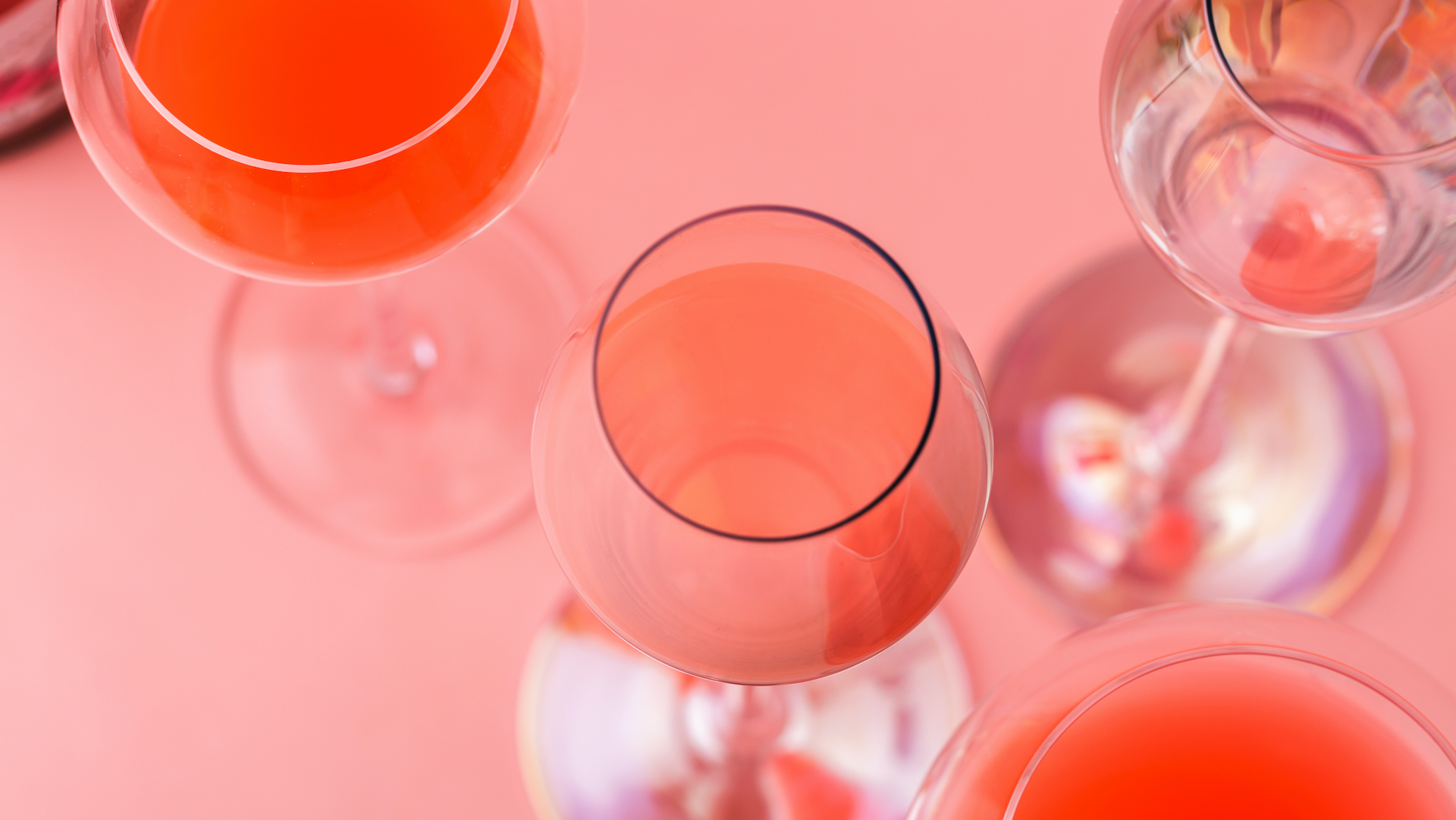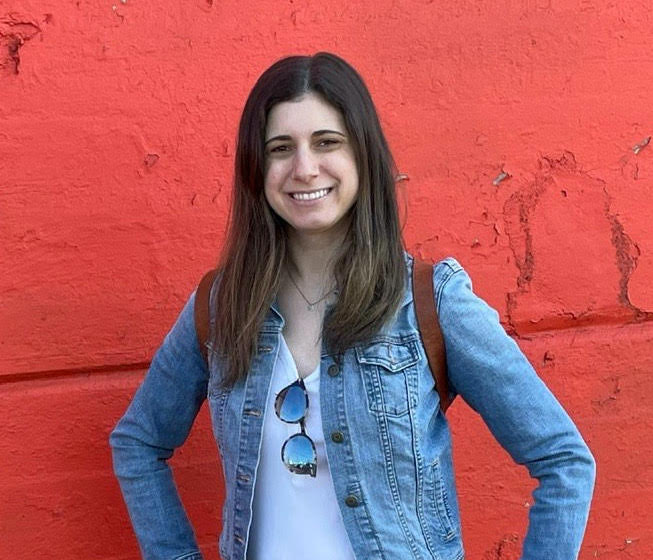What is Damp January and is it something to consider? Experts spill
'It's an attempt to avoid excessive drinking and stay within moderation,' Dr. Shimi Kang says of Damp January


What is Damp January, exactly? Should you say "cheers" to Dry January's less-intense counterpart?
When the new year rolls around, we weigh the benefits of not drinking alcohol and opt for a 31-day liquid fast. This wellness fad is known as Dry January, and it can be a tall order—especially when socializing.
Although some want to learn how to stop drinking alcohol completely throughout the course of the month, others wouldn't mind the occasional mimosa during a brunch outing. Enter Damp January: a way to scale back without quitting cold turkey. You can have your Pinot and drink it, too, sans wine hangover.
What is Damp January?
So, how do we define Damp January?
"It's an attempt to avoid excessive drinking and stay within moderation," says Dr. Shimi Kang, addiction psychiatrist and the founder of Future Ready Minds. "January is the month picked partly because the holidays show increased drinking. It's an adaptation or pivot for those people who don't want to commit to Dry January."
Though the practice of both Damp and Dry January can be subjective—considering various lifestyles and people's consumption habits—moderate drinking typically means no more than two glasses per day for men and one for women, according to various countries' health standards.
Dr. Shimi Kang, a Harvard-educated psychiatrist, takes a neuroscience-based approach to self development. She is the author of several books, a speaker, the founder of Future Ready Minds and the star of the YouTube show, Mental Wealth with Dr. Shimi Kang, among many other accolades.
Some say this practice is more manageable than Dry January.
"Damp January is now being viewed as a more realistic way to reduce consumption because any step is a good step. By throwing in a goal that is comfortable, you’ll be more likely to reach your end achievement and feel proud of your accomplishment," says Ruari Fairbairns, CEO of One Year One Beer (OYNB).
Ruari Fairbairns is the CEO of One Year One Beer, which provides various challenges to help reduce alcohol consumption.
What are the benefits to Damp (and Dry) January?
Like anything other resolution, Damp January is an opportune time to reflect.
"At the very least, reducing alcohol consumption gives a person a chance to evaluate their relationship with alcohol and decide whether they want to go back to drinking the way the were, cut down further or even quit," says Dr. George F. Koob, the director of the National Institute on Alcohol Abuse and Alcoholism (NIAAA). "The time away creates an opportunity to cultivate alternatives for relaxing, socializing, coping and other reasons why people drink."
There could be health-related benefits to cutting back, such as better moods and weight loss. Considering both Dr. Kang and the U.S. Centers for Disease Control and Prevention (CDC) that drinking has increased as a result of the pandemic, a method like Damp and Dry January allows you to reevaluate not only your physical health, but your emotional health as well.
However, it's worth noting that studies on Dry January have uncovered mixed results: some people have been able to curb their drinking for the remainder of the year after participating in Dry January. Others, however, have suffered after the month-long detox by drinking more excessively once the challenge ended, according to Fortune.
Dr. Koob is an internationally-recognized expert on alcohol and stress, and the neurobiology of alcohol and drug addiction. He is the director of the National Institute on Alcohol Abuse and Alcoholism (NIAAA) and oversees research, including diagnostics, prevention and treatment.
Should you participate in Damp January?
If you'd like to cut back your alcohol intake but still have a little something at a work event or social gathering, Damp January could be the way to go. If you'd rather stop completely, Dry January might be more suitable. Do make sure to discuss concerns with a professional should you decide to alter your behavior, as increased or decreased amounts of alcohol can have different effects on different people.
All in all, the main reason behind these health fads is just that: to keep you healthy.
"In short, as with Dry January, the same for Damp January: if you feel better when you are not drinking, or when you decrease your drinking, then your body is telling you something. Listen to your body," Dr. Koob advises.
Should you have concerns about your alcohol consumption, visit Rethinking Drinking or the NIAAA Treatment Navigator for professional assistance.

Need a TV show recommendation? Maybe a few decor tips? Danielle, a digital news writer at Future, has you covered. Her work appears throughout the company’s lifestyle brands, including My Imperfect Life, Real Homes, and woman&home. Mainly, her time is spent at My Imperfect Life, where she’s attuned to the latest entertainment trends and dating advice for Gen Z.
Before her time at Future, Danielle was the editor of Time Out New York Kids, where she got to experience the best of the city from the point of view of its littlest residents. Before that, she was a news editor at Elite Daily. Her work has also appeared in Domino, Chowhound, and amNewYork, to name a few.
When Danielle’s not writing, you can find her testing out a new recipe, reading a book (suggestions always welcome), or rearranging the furniture in her apartment…again.